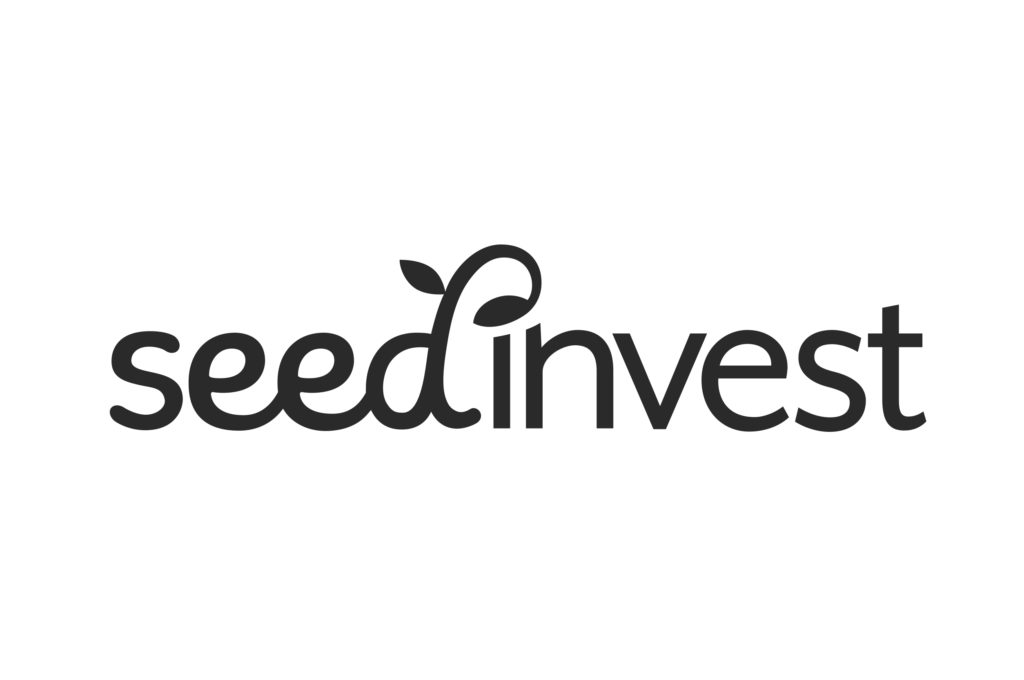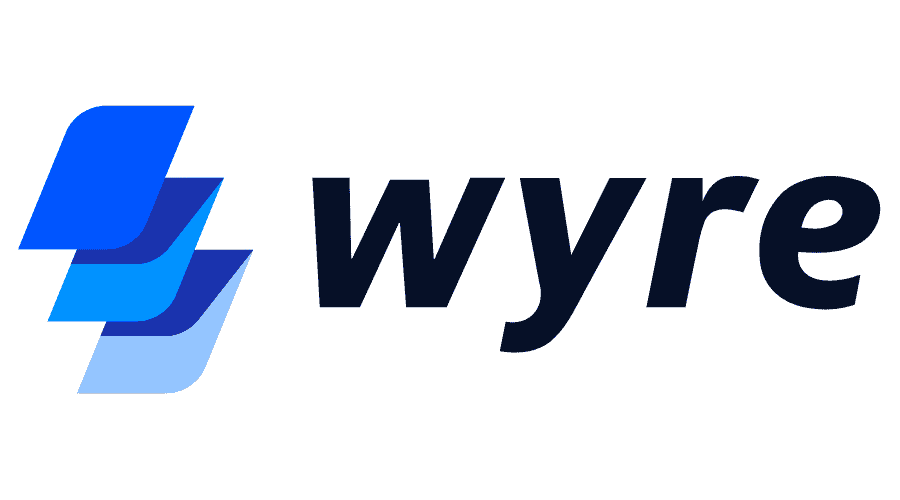Equity investments that fund the startup marketplace are crucial and necessary in moving the national economy ahead and boosting job creation. However, these investments are innately risky ventures, and lucrative return on investments (ROIs) don’t always come to fruition. Until recent years, many taxpayers have been excluded from participating in these high-risk-high-reward investment opportunities that aid in warding off national recession by fueling the economy.
In response to these issues, the enactment of QSBS legislation functions to inject the startup marketplace with incentives for taxpayers investing in these risky yet highly profitable investment prospects. The evolution of equity investing is giving more taxpayers the potential to participate in these investment opportunities and benefit from eligible capital gains tax incentives through a new investment strategy, crowdfunding.
The tremendous expansion in equity crowdfunding over the last decade has generated a larger pool of qualified investors and allowed these investors to receive QSBS tax breaks on eligible investment stock. This trending mode of investing has also made way for the growth of investment platforms created to promote, facilitate, and streamline crowdfunding investment opportunities to the general public.
In a report issued by KingsCrowd, Regulation Crowdfunding surpassed $500 million in 2021 alone. This more than doubled the investments made on crowdfunding platforms in 2020.
What initiated the exponential increase in crowdfunding?
In 2012, the JOBS Act was signed into law. This legislation spurred investment funding into small businesses and operated to jolt the national economy out of the 2008 recession by allowing founders and entrepreneurs the opportunity to publicly promote their startup financial fundraising. Former President Obama gave insight into what the legislation would do for the American economy during the signing of the JOBS Act:
“Here’s what’s going to happen because of this bill. For business owners who want to take their companies to the next level, this bill will make it easier for you to go public. And that’s a big deal because going public is a major step towards expanding and hiring more workers. It’s a big deal for investors as well, because public companies operate with greater oversight and greater transparency.”
He went on to further explain the expected financial benefits of expanding the reach of equity investing for the economy, entrepreneurs, and the job market:
“This bill represents exactly the kind of bipartisan action we should be taking in Washington to help our economy. I’ve always said that the true engine of job creation in this country is the private sector, not the government. Our job is to help our companies grow and hire.”
The addition of Regulation Crowdfunding (Regulation CF) came four years after the enactment of the JOBS Act, and it lessened restrictions on how private startups could raise capital. Regulation CF gave private early-stage companies the ability to raise venture capital from American taxpayers on the whole.
Before the addition of Regulation CF, investors could only partake and contribute in the private equity investing marketplace if they met stringent criteria that qualified them as accredited investors. Qualifying as an accredited investor prior to Reg CF was based only on an individual’s overall net worth, which kept many taxpayers out of opportunities in the startup investment marketplace.
In December 2020, the Security and Exchange Commission (SEC) modified the elements to modernize the accredited investor qualifications. Loosening and expanding investor qualifications additionally extended the eligible pool of potential investors. Along with that, it generated notable growth in crowdfunding investment ventures.
So who are the major crowdfunding platforms, and how do they differentiate themselves?

Today we look at SeedInvest, having raised $11 million on the platform in 2021 alone. This equity crowdfunding platform, along with others, played a significant role in lobbying in the US Congress to push the passing of the JOBS Act in 2012.
Additionally, SeedInvest founders were persistent and persuasive in proposing modifications to Regulation A rules to the SEC in hopes of promoting greater issuer visibility ahead of accumulating substantial expenditures. SeedInvest Founder James Han explained the reasoning behind the proposal to give startups a leg up in successfully making it through the initial phases of funding:
“We believe one of the biggest hurdles to making crowdfunding a viable option for small businesses is the cost and time burden that must be incurred prior to commencing an offering and prior to being able to gauge potential interest in an offering. Small business owners should not be required to gamble the upfront costs in the hope that their offering will be successful. […] In our experience, these upfront costs (potentially hundreds of hours and $20,000 – $50,000) will have a huge deterrent on those who would seek to use crowdfunding. The majority of startups will have a tough time financing this level of upfront costs ahead of conducting a crowdfunding raise. Additionally, the few companies who are able to bootstrap these upfront costs will be severely dissuaded from proceeding given the lack of visibility as to the odds of successfully completing their crowdfunding round. Therefore, we propose that the Commission consider modifications to the proposed rules in order to facilitate issuer visibility ahead of incurring significant costs.”
As a result, SeedInvest was the first crowdfunding platform to host the “Testing The Waters” campaign under newly modified Regulation A rules in June 2015.
How did SeedInvest start?
Ryan Feit and James Han founded SeedInvest in 2012, intent on creating a straightforward method of investing in early-stage startup companies completely online. SeedInvest was backed by Scout Ventures, an early-stage venture capital firm, along with other angel investors and venture capital investors, during the preliminary rounds of raises in 2013 and 2014. In 2015, SeedInvest became the first crowdfunding platform to give first-time, “non-accredited investors” a chance to partake in online investment opportunities.
SeedInvest has grown exponentially since its founding years. In 2019, SeedInvest was acquired by Circle, a global financial technology firm and the principal operator of the USD Coin. This beneficial acquisition now allows businesses to utilize digital currencies and public blockchains. SeedInvest platform continues to grow within the last couple of months of 2021 and the beginning months of 2022. In 2021 one of the platform’s portfolio companies, Heliogen, went public with a valuation of $2 billion. This led to the company being the first retail investor unicorn company exit in the nation.
What types of startups are funded on SeedInvest?
The SeedInvest platform has funded over 250 startup companies and boasts a wide range of business niche representation. Here’s a small cross-section of businesses that got their seed capital funding through raises on SeedInvest:

KnightScope is a security technology company focused on advancing safety on a national level by building autonomous robots that prevent, document, and report criminal activity. As documented in SeedInvest’s case studies, this crowdfunded company closed the largest equity crowdfunding round to date, coming in at $20 million raised through Reg A+.

Keen Home is a company designing the first smart home zoning system that provides a means to heat and cool more efficiently and cost-effectively. The company raised more than $3 million from 1,700 investors through one of the first SeedInvest Reg A+ Mini IPO campaigns. The company was featured on Shark Tank and received one of the highest valued offers in show history.

Wyre is a company using blockchain technology to more quickly and efficiently transfer international payments, and the company raised $500K in seed capital on the first round of crowdfunding on the SeedInvest platform. The next year, the company returned to the SeedInvest platform and raised an additional $1 million in venture capital.
Are crowdfunding investments eligible for tax incentives such as QSBS?
Crowdfunding creates the capacity for non-accredited investors to invest in early-stage startup companies and, additionally, allows crowdfunding investors the opportunity to utilize QSBS benefits for tax-free gains, where eligible.
Qualified Small Business Stock (QSBS) is a provision in Section 1202 of the Internal Revenue Code (IRC) that permits up to a 100% tax exclusion on capital gains if eligibility criteria and requirements are met. These prerequisites are likely to align with the early stages that startup companies are in when they are seeking capital through crowdfunding investments.
Along with that, most crowdfunded startup companies have yet to meet the $50 million gross asset threshold, which is a preliminary eligibility element. Additionally, other criteria factors include entity type and industry type in which the company conducts business.
Discover more about QSBS eligibility criteria here.
The eligibility requirements for QSBS exemptions are profitable; however, these requirements are highly nuanced. QSBS qualifications must be monitored closely over a minimum of a 5-year holding period to ensure that shareholders can confidently claim exemptions.
How do I know if a SeedInvest investment is QSBS eligible?
Startup companies funded on crowdfunding platforms, like those on SeedInvest, may potentially be QSBS eligible. However, SeedInvest does not indicate if stock or companies on their platform may be eligible for QSBS exemption benefits to date.
Due to the intricate and detailed nature of QSBS qualifications, it’s essential for investors to research their current and future investments in startup companies in order to ensure compliance with eligibility requirements. Additionally, it’s important for investors to continue monitoring eligibility over the lifetime of their investment stock in order to maintain and ensure compliance with QSBS eligibility over time.
If you have inquiries about the QSBS eligibility of your investment stock that has funded startups on the SeedInvest platform, there are some options:
- Investors always have the opportunity to ensure that their investments are being funded into a QSBS eligible company. It’s not uncommon for companies to make QSBS representations in their share purchase agreements. However, it is essential to note that these reps are occasionally stated with limited evidence backing the claim, thus further research is required.
- Investors can additionally reach out straight to the startup company management team to ask about specific elements of company QSBS eligibility requirements.
- Investors can also reach out to our team here at Capgains.com. If you would like our help in determining if your current investments or potential investments on a crowdfunding platform are QSBS eligible, fill out this form to assist us in better serving your investment needs and answering your QSBS questions.
Crowdfunding, QSBS, and 1045 Rollovers
In addition to potential QSBS benefits that could result from crowdfunding equity investments, there is a sister provision in the tax code, Section 1045. This provision provides the ability to roll QSBS gains, that have not met the 5-year holding period, into other QSBS stocks to continue working towards the 5-year holding period. Meaning that an investor does not have to forfeit the capital gains tax exemption when a sale occurs that is beyond their control. However, the caveat is that the taxpayer only has 60 days to rollover gains into a new QSBS eligible company.
This is where crowdfunding investments may benefit investors looking to rollover their gains quickly. Crowdfunding platforms present investors with the unique opportunity to determine and identify startup companies that qualify for QSBS and that are currently raising funds for a potential rollover prospect.
Reach out to our team of QSBS experts if you have QSBS capital gains to rollover and need assistance.
Here at Capgains.com, we specialize in assisting investors and corporations navigate QSBS tax exemption qualifications through ensuring shares are eligible and through monitoring the QSBS eligibility of stock over time. Our team is prepared to provide guidance and support throughout the lifetime of your qualified stock.
This article does not constitute legal or tax advice. Please consult with your legal or tax advisor with respect to your particular circumstance.

